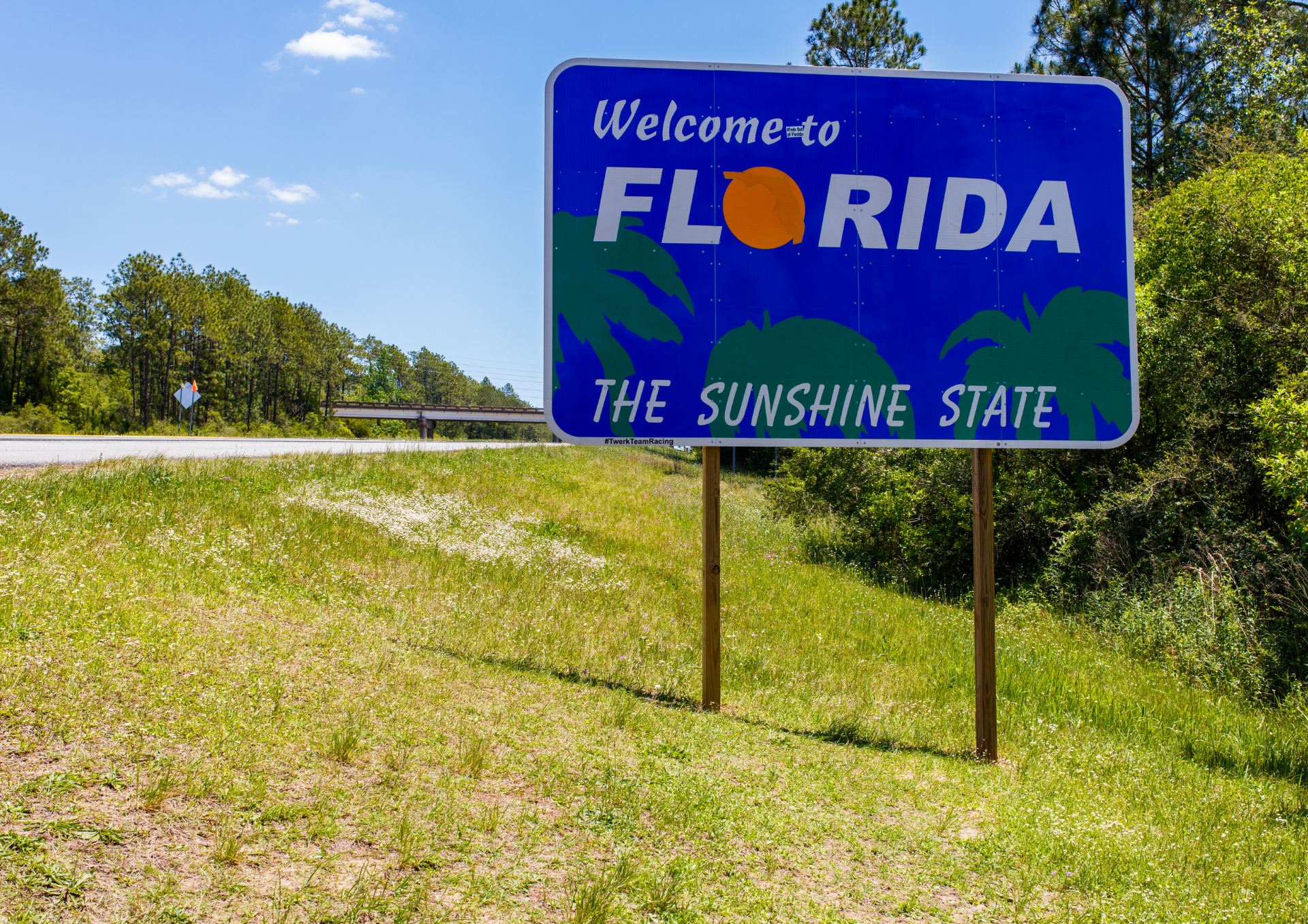According to U.S. Census Bureau estimates, the number of Americans age 65 and older will…

What Brevard County Snowbirds Need to Know About Estate Planning
Brevard County is a beloved destination for snowbirds—those part-time Florida residents who split their time between Florida and another state. Whether you’re here for the winter months or transitioning into full-time Florida residency, your estate planning needs may be more complex than you think.
Snowbirds often face unique legal and tax challenges when it comes to wills, trusts, and asset protection. That’s why working with a local estate planning services provider in Brevard County is essential to ensure your estate plan works across multiple states.
1. Do You Need Separate Wills or Just One?
One of the most common estate planning questions snowbirds ask is whether they need a will in both their home state and Florida. The answer depends on the types of assets you own and where they are located.
✅ If you only have a Florida home and accounts based in your home state, one will may be sufficient.
✅ If you own real estate in multiple states, your estate could be subject to ancillary probate, meaning it must go through probate in each state where you own property. You still may have only one will. It should be a will that is compliant in your home state laws as well as with Florida laws regarding wills.
How to Avoid Probate in Multiple States
To avoid costly and time-consuming probate in multiple states, many snowbirds benefit from setting up a revocable living trust. A trust allows your assets to pass directly to your beneficiaries without probate, no matter where they are located. A firm that specializes in local estate planning services in Brevard County can ensure your trust is properly structured.
2. Florida vs. Your Home State: Which Laws Apply to Your Estate Plan?
Florida has unique estate planning laws that may differ from your home state, including:
- Homestead Protections: Florida offers strong homestead protections, which limit how your primary residence can be passed to heirs.
- No State Estate Tax: Unlike some northern states, Florida does not have a state estate tax, which can make it a tax-friendly place for retirees.
- Elective Share Rules: Florida law allows surviving spouses to claim an “elective share” of an estate, even if they were disinherited in a will.
How to Ensure Your Estate Plan Works in Both States
If you’re a snowbird, it’s critical to have your estate plan reviewed by a local estate planning attorney in Brevard County who understands Florida law and can coordinate with an attorney in your home state. This ensures your plan is valid and consistent across jurisdictions.
3. Should You Declare Florida as Your Primary Residence?
Many snowbirds consider changing their legal domicile to Florida to take advantage of tax benefits, especially if they live in a state with high income or estate taxes.
Benefits of Becoming a Florida Resident:
✅ No state income tax (ideal for retirees with investment income)
✅ No state estate or inheritance tax
✅ Florida homestead exemption, which reduces property taxes on a primary residence, offers creditor protection, but also limits who may receive your property.
How to Establish Florida Residency for Estate Planning Purposes
To make Florida your primary legal domicile, you should:
- File a Declaration of Domicile in your Florida county
- Obtain a Florida driver’s license and register to vote in Florida
- Spend at least six months and a day in Florida each year
- Update your estate planning documents to reflect Florida law
Even if you don’t want to give up residency in another state, a local estate planning services provider can help you navigate these tax advantages while keeping your plan compliant in both locations.
4. Ensuring Your Healthcare and Financial Documents Work in Florida
If you spend significant time in Florida, your healthcare and financial power of attorney documents should be valid in both states.
- HIPAA-Compliant Health Care Surrogate Designation: Some states call this a healthcare proxy or medical power of attorney. Make sure your document is legally recognized in Florida.
- Durable Power of Attorney: Florida has specific requirements for financial power of attorney documents. A version from another state may not be accepted by Florida banks or institutions.
A firm offering local estate planning services in Brevard County can ensure these documents work when you need them most.
5. Planning for Long-Term Care Across State Lines
Many snowbirds have long-term care policies, Medicaid plans, or VA benefits that may be tied to their home state. If you anticipate needing assisted living or nursing home care in Florida, it’s important to review:
✅ How Medicaid eligibility differs between your states
✅ Whether your long-term care insurance covers Florida facilities
✅ How your estate plan coordinates with potential long-term care needs
A Brevard County estate planning lawyer can help you integrate long-term care planning into your estate plan, ensuring you get the best care no matter where you reside.
Final Thoughts: Work with a Local Estate Planning Attorney in Brevard County
For snowbirds, estate planning can be complicated, but proper planning ensures that your assets, healthcare decisions, and legacy are protected across state lines.
At the Estate Planning and Elder Law Center of Brevard, we specialize in helping part-time Florida residents create comprehensive estate plans that work seamlessly between Florida and their home state. Give us a call today at (321) 729-0087.



